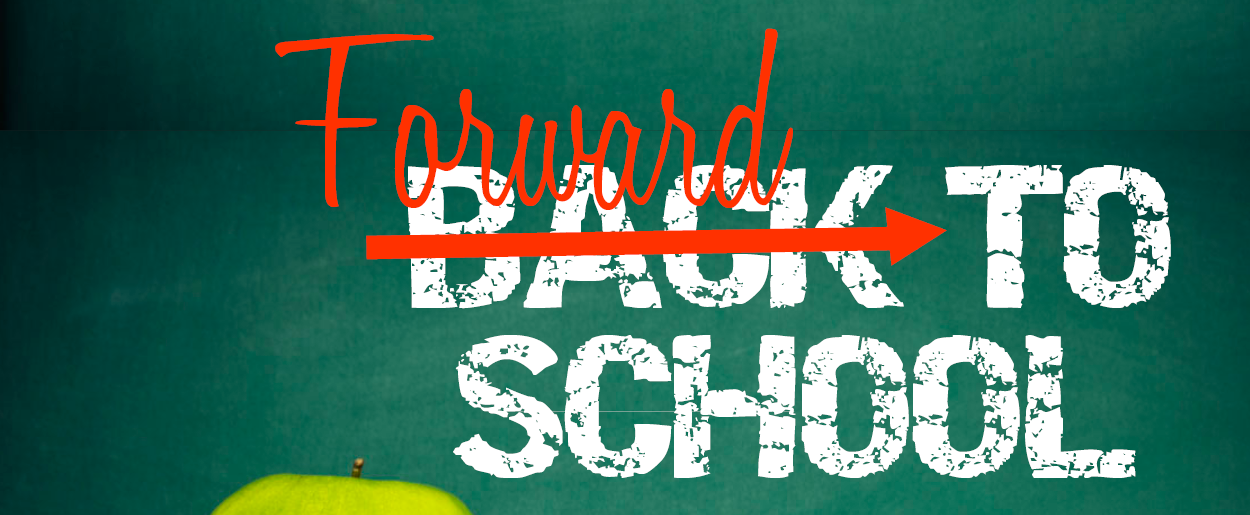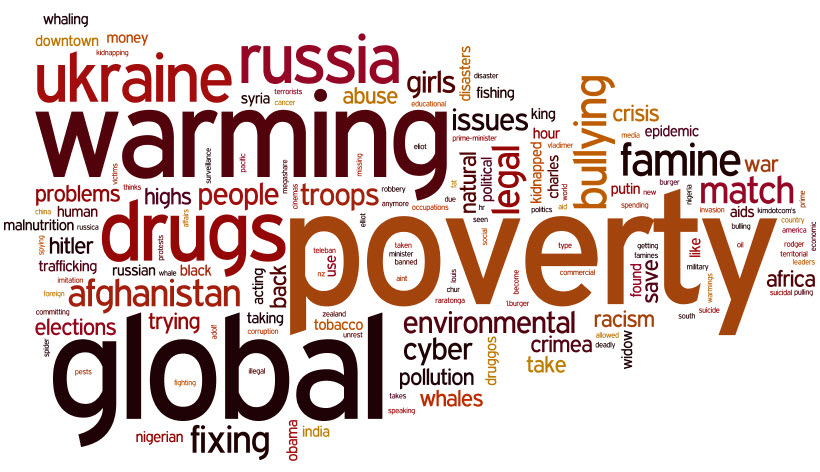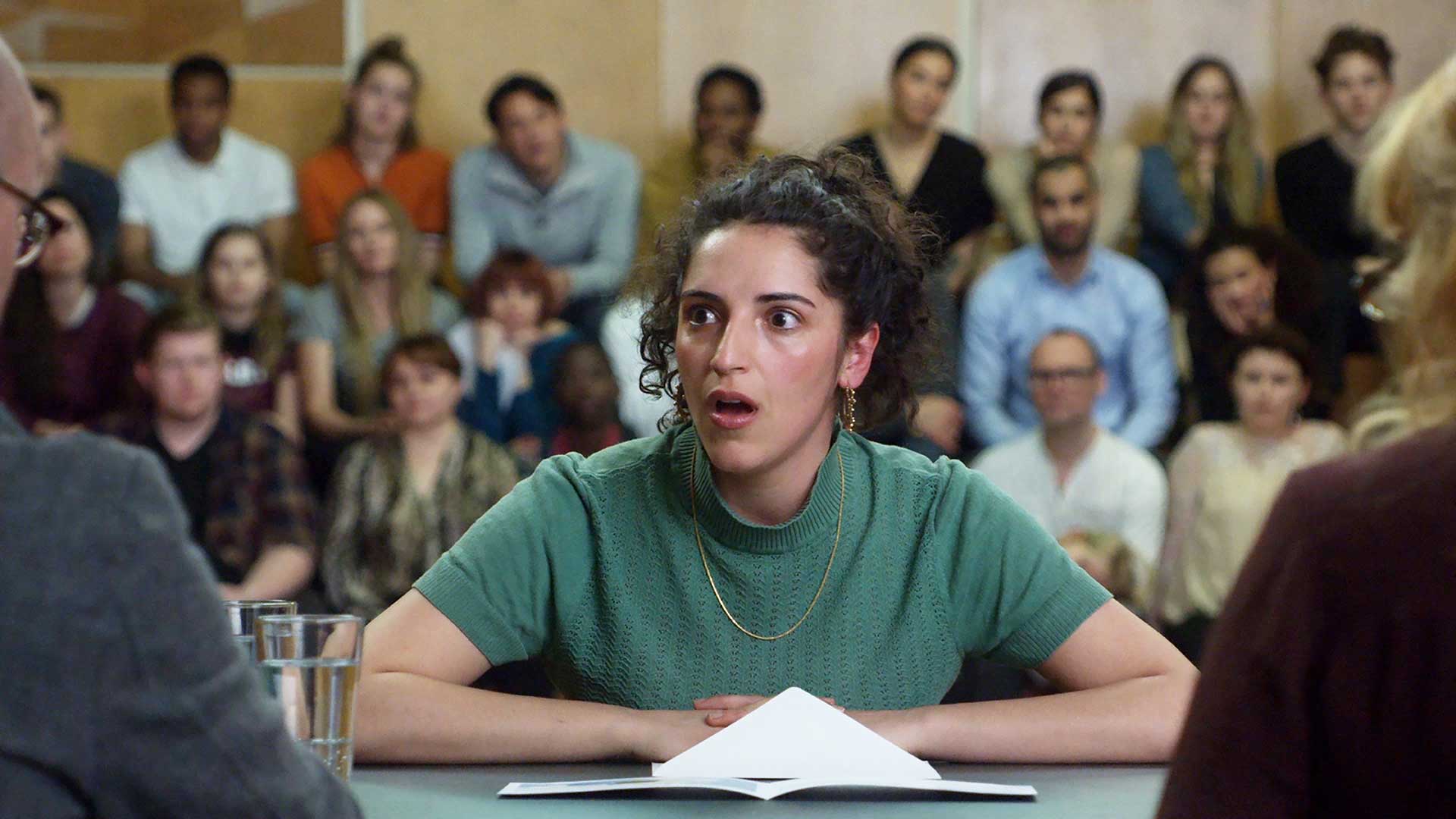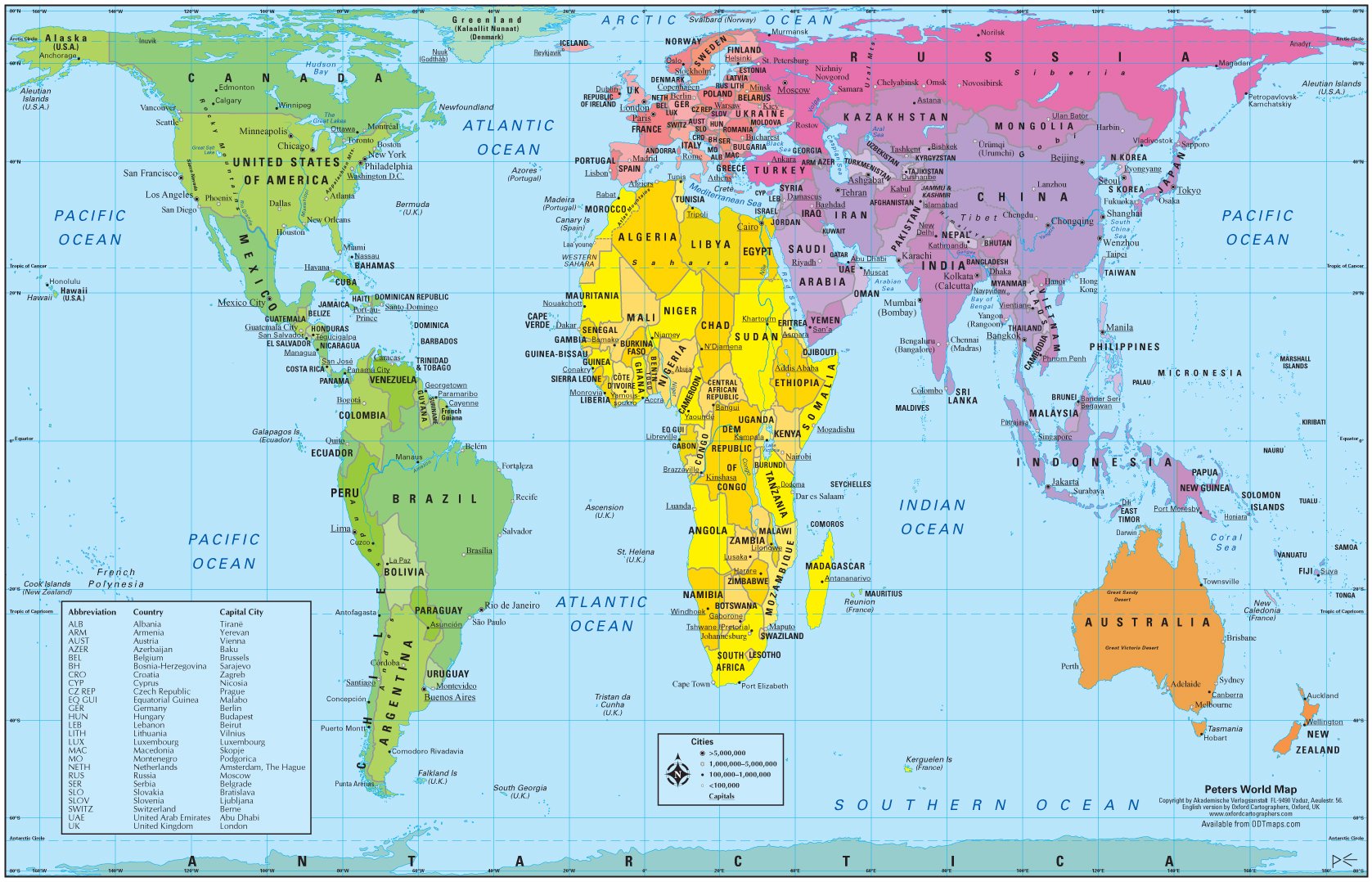When a new school year is starting, I find it helpful to set some goals for personal and professional growth — after all our students are not the only ones who need a sense of progress in order to be motivated. So I usually think back about my practice, my lessons and my general teaching routine to find 3-4 points where I can improve myself. I also usually add at least one point related to my personal life. After all, a happy teacher is a better teacher, isn’t it? 🙂
So anyway, here are my four “new school year resolutions” for this year: Continue reading “4 new school year resolutions”
Wisdom
听而易忘,见而易记,做而易懂
I hear and I forget. I see and I remember. I do and I understand.
Ch-ch-ch-ch-changes!
Summer’s officially over, so here I am, back to work (even though I actually kept teaching here and there throughout the summer) and back to writing on this blog. So many things will be changing starting today… Continue reading “Ch-ch-ch-ch-changes!”
Primary school nightmare
I’m writing this on a sweltering day here in Italy, so I apologise in advance if any of this is going to sound a bit harsh. I also want to point out that most of the colleagues I met during the experience I am going to describe were great teachers and wonderful colleagues, to whom I wish best of luck in their teaching career.
Let’s get to the point. Around Christmas last year I was interviewed and offered a job as English Teacher for years 4 and 5 in a local primary school. Unfortunately all previous teachers had left and the school was desperate to find a good replacement. The children had already changed three teachers since September, furthermore the parents of year 5 pupils were very concerned that the children wouldn’t get a good education in English, resulting in a disadvantage in secondary school. Continue reading “Primary school nightmare”
Delta panic attack
This is going to be a very personal post, nothing about methodology, Dogme or classroom experiments. Something both wonderful and scary happened recently that I felt I had to blog about it: I have found out that I’ll be undertaking Delta Module 1 starting September. I’m going to take a part-time course while also working, but I have no idea exactly when I’ll be taking the exam.
I’ve read a lot of interesting posts and comments on Delta — for example, Anthony’s set of posts on the subject, Lizzie’s complete guide or Sandy’s conversations with Delta graduates. But I still feel confused and overwhelmed. I haven’t received a reading list yet, so to I started reading about second language acquisition theories.
When I did my CELTA, it was a very intensive but rewarding experience, so I expect Delta to be even more demanding — and possibly more rewarding — than that. I have to say I’m quite worried about the exam format, and the scary fail statistics I read online. But for the moment I’m trying not to think about it.
I hope I’ll have time to blog about the experience, but I doubt it.
That’s it, that’s all a wanted to share. Happiness and a little anxiety about embarking in this long and difficult journey. Tips, books, ideas, suggestions, cool drinks are welcome. 🙂
Sensitive issues and ELT
It all started with a notelt from Mike Harrison where he was asking if we thought it appropriate to bring up hot or controversial topics in class. I thought my answer would be “no”. I remember my CELTA tutors telling us how “what’s the best way to avoid stress” is a good topic for ELT, but how more sensitive areas such as religion, sexuality, racism and so on should be avoided for the sake of classroom management.
Then, just a few days later, on the wake of the Orlando attacks, I found myself discussing with James about if and how to approach the topic of LGBT and sexual diversity in the English classroom. I felt the events screamed to be brought and discussed in class. After all we live within a society and so it felt really weird to completely ignore what was happening and discuss about holidays, top tips for a job interview or how to survive a year abroad.
Then came Brexit, which left me stunned and unable to react for a couple of days. Again, I immediately felt I had to discuss the issue with my adult students, as ignoring it would make me uncomfortable (and by the way, I dove into this great lesson plan for ideas and the outcome was very positive both in terms of language and of the discussion that arose from the video).
Now I’m getting a bit confused… Continue reading “Sensitive issues and ELT”
A lesson on Brexit?
This is just a very quick post on the wake of Brexit results. I have been reading a lot on the topic lately, so I can’t imagine writing about anything else at the moment.
I only want to share a link to a fantastic lesson based on a viral video you might have already seen somewhere by the brilliant on Kieran Donaghy of Film English. The lesson focuses on the topic of ethnic origins and the importance of cultivating an open mind.
I used a modified version of Kieran’s lesson plan (including revision of family vocabulary and expanding on to less frequent words such as ‘ancestors’ or ‘great-grandmother’) with my intermediate adult students. Even though this area is not famous for its open-mindedness, the lesson worked really well, the students were involved and the conversation that resulted was fruitful, both in terms of language and content.
On Dogme and how a world map transformed my lesson
I have already discussed on this blog how I love the idea of materials-light teaching and how I am experimenting with an unplugged approach. So it comes as no surprise that last week I decided to unplug one of my intermediate-level lessons to see where it would go. The result was amazing to me.
Some background information before I start: this happened while I was teaching a mini-class of four adult students who have been studying together for about seven months now, meeting once a week for a two-hour lesson. Since here in Italy the summer holidays are getting closer, I decided to centre the lesson on the topic of travel and holidays. I selected and adapted an activity from Teaching Unplugged that included using a world map as stimulus for conversation. So I took down the only decent world map I found and, after greeting the students and asking them about their weekend (a warm-up I generally use with all my Monday students), I put it at the centre of the classroom.
What happened next made me believe a totally unplugged course can be possible and is in fact the best solution – at least with some learners. Continue reading “On Dogme and how a world map transformed my lesson”
The effectiveness of conversation classes
I’m delighted to link this great post by Anthony Ash in response to my question on the effectiveness of conversation lessons.
The problems I see with flipped, game-based teaching
A few days ago I read with some interest this article by Paul Rogers on how to flip the classroom and use games to motivate learners. I have to admit the whole ideas sounds really exciting to me: let the learners do the input at home, at their own pace, and use classroom time to practice, clarify and use the language — with games! What more could I ask for?
I am sure this approach is based on sound theoretical — and practical? — knowledge, and it could very well be that once I try it, I’ll completely change my mind. So take this post for what it is: a collection of my own personal thoughts when, reading the article, I put these ideas next to my everyday teaching situation. Continue reading “The problems I see with flipped, game-based teaching”







